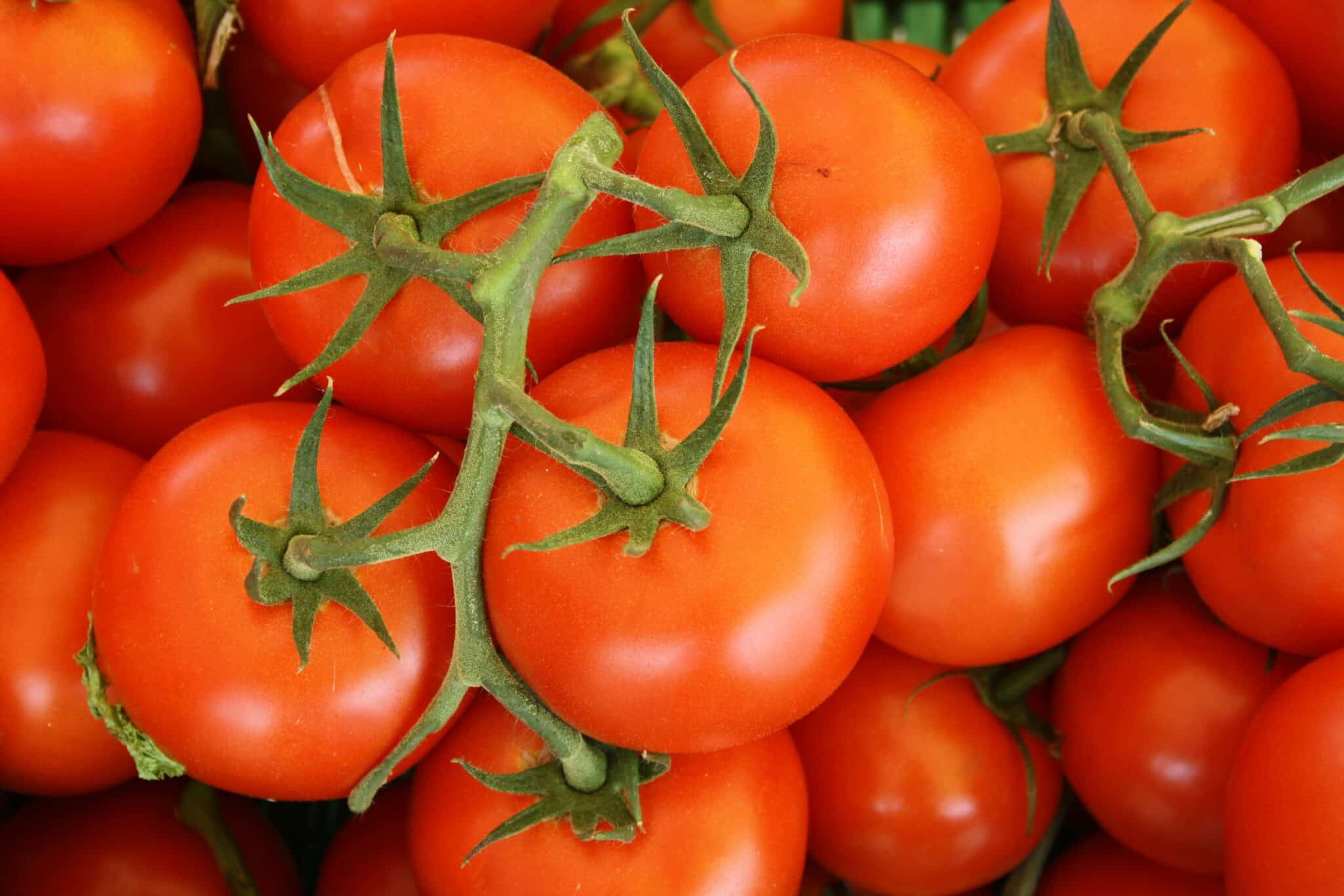Key Takeaways
- The U.S. Department of Commerce has officially terminated the 2019 Tomato Suspension Agreement, reinstating antidumping duties of 17.09% on most tomato imports from Mexico.
- The move marks the end of a decades-long framework aimed at managing U.S.-Mexico tomato trade and preventing underpricing.
- Commerce states the decision addresses unfair trade practices and restores support for U.S. growers.
- Industry responses are divided, with domestic producers welcoming the decision, while importers and trade advocates express concerns about food prices and supply disruptions.
- Nearly 70% of fresh tomatoes consumed in the U.S. are imported from Mexico, especially during the winter growing season.
Commerce Ends Tomato Suspension Agreement After Nearly Three Decades
The U.S. Department of Commerce has withdrawn from the 2019 Tomato Suspension Agreement, formally reinstating antidumping duties of 17.09% on fresh tomato imports from Mexico. The decision, based on Section XI.B of the agreement, required 90 days’ written notice and reflects concerns about persistent underpricing of imported tomatoes.
Commerce stated the action aligns with existing U.S. trade laws and aims to protect domestic producers from what it describes as long-standing unfair trade practices.
“Mexico remains one of our greatest allies, but for far too long our farmers have been crushed by unfair trade practices that undercut pricing on produce like tomatoes. That ends today,” said Secretary of Commerce Howard Lutnick.
Background on the Tomato Suspension Agreement
The Tomato Suspension Agreement has served as the basis for U.S.-Mexico tomato trade since 1996. Over nearly three decades, five suspension agreements were implemented to avoid full-scale trade disputes and allow Mexican exporters to continue shipping tomatoes under defined price thresholds. The 2019 agreement was designed to eliminate the injurious effects of dumping by requiring Mexican producers to meet minimum pricing and reduce dumping margins.
The termination now ends that framework and enforces direct duties on Mexican tomato shipments.
Mixed Reactions from U.S. Industry and Policy Experts
Domestic growers and agricultural groups welcomed the decision as overdue protection for American farming interests.
“This is a major victory for American agriculture,” said Robert Guenther, Executive Vice President of the Florida Tomato Exchange, in an April 14 statement. “Terminating this agreement and enforcing U.S. trade laws is the only way to finally give domestic growers the relief they’ve long deserved.”
However, some trade analysts questioned the economic rationale behind the policy shift. Jacob Jensen, a trade policy analyst at the American Action Forum, noted in a recent report that market dynamics are more complex.
“It is difficult to make the case that Mexico is flooding the United States with excessively underpriced tomatoes,” Jensen wrote in The Cost of a Tomato Tariff. “The Tomato Suspension Agreement already accounts for this by essentially setting a minimum price… the most likely rationale behind this move is that the Trump Administration would like to replace the import price controls to receive more tariff revenue.”
Importers and Trade Advocates Warn of Higher Prices and Disruptions
Industry stakeholders that rely on imports voiced concern about the potential impact on pricing, availability, and cross-border supply chains.
NatureSweet®, one of the largest branded tomato companies in North America, warned the new duties could reduce tomato availability and increase costs for consumers. “This isn’t just about trade. It’s about food security, safety, and affordability for millions of Americans,” the company stated.
Border Trade Alliance President Britton Mullen expressed disappointment with the termination, encouraging further negotiation.
“It’s a move that not only hits shoppers in the wallet by driving up the cost of Mexican-grown tomatoes, but it injects yet more disruption into North American cross-border trade,” Mullen said. “The Border Trade Alliance is disappointed that the Department of Commerce has withdrawn the U.S. from the agreement that has governed U.S.-Mexico tomato trade for decades.”
Outlook for U.S.-Mexico Tomato Trade
With the Tomato Suspension Agreement now terminated, all fresh tomato imports from Mexico will be subject to the newly imposed duties. While Commerce views the action as enforcement of trade law, others warn of broader consequences, including supply chain disruptions and rising produce prices.
Stakeholders across the industry are calling for renewed dialogue to develop a long-term trade framework that supports both domestic growers and market stability. Whether such negotiations will resume remains uncertain.


